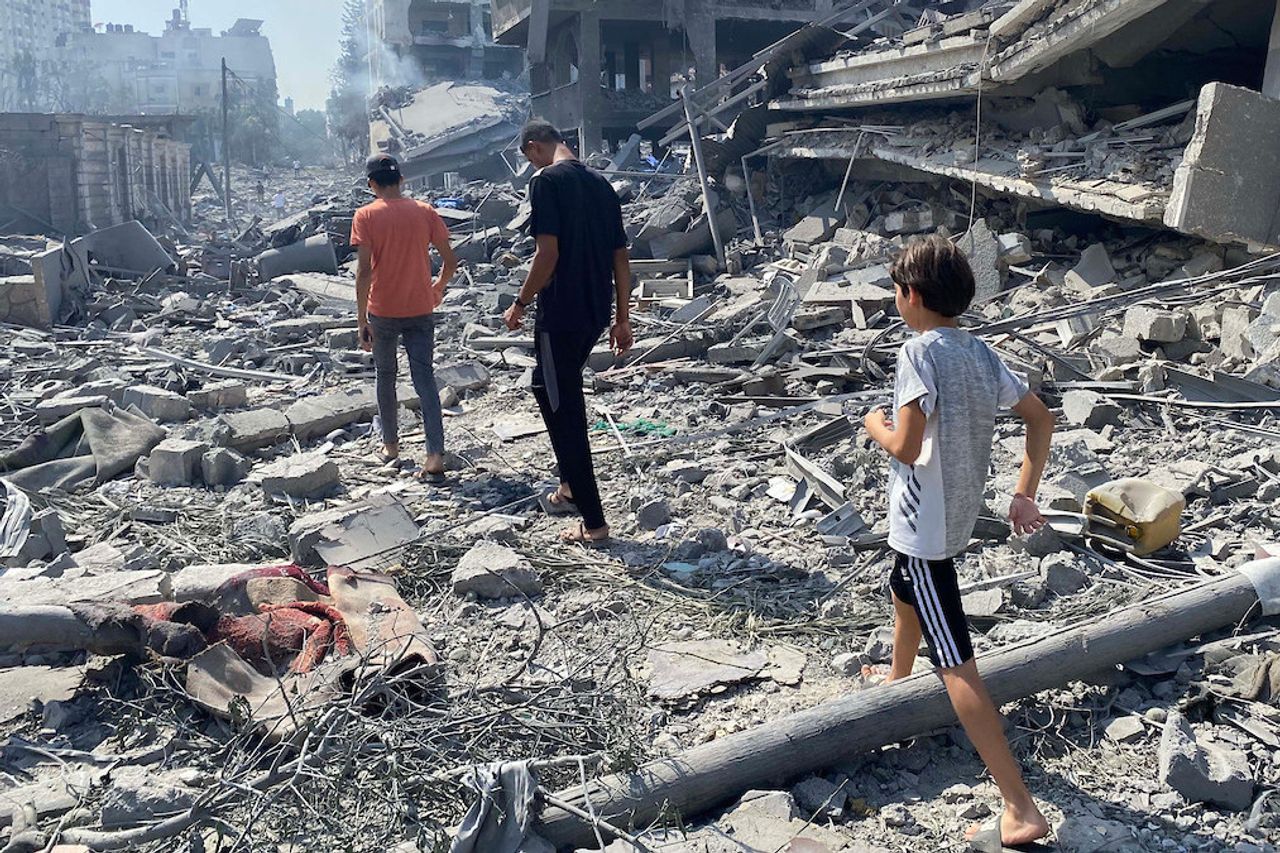Urge Access To Gaza To Distribute Aid And Medical Supply, WHO: We Await Entry Permits

JAKARTA - The World Health Organization (WHO) is urging access to deliver aid and medical supplies to Gaza, warning of the risk of a long-term humanitarian crisis in the Israeli-bombed Palestinian region.
Dr. Richard aired, regional emergency director of the WHO regional office in the Eastern Mediterranean, said the agency met with a "decision maker" on Tuesday, to open access to Gaza as soon as possible.
"We have aid south of Rafah and are awaiting permission to enter Gaza," he said, referring to the Rafah crossing with Egypt, which was a vital route before the fighting, the main route for much-needed supplies to Gaza.
The WHO said it had prepared aid supplies ready to be delivered for three days, but their team in the field had not yet had access.
"Even if you think this madness and horror has stopped and we are thinking about recovery, it will be a long-term humanitarian effort," explains Dr. Richard Peeperkorn, WHO representative for the West Bank and Gaza.
Speaking from Cairo, he said 2,800 people had been killed and another 11,000 injured in Gaza since Israeli airstrikes began. About half of them are women and children.
Israel is known to have vowed to destroy the Hamas movement that controls Gaza after the militant group fighters stormed Israel on October 7, killing 1,300 people, most civilians, to be the deadliest day in their history.
Israel itself retaliated against the attack by bombarding the Gaza Strip, carrying out airstrikes. That left about half of Gaza's 2.3 million people from their homes.
Not only that, Israel has also imposed a total blockade of the enclave, blocking food, fuel, and medical supplies, which are quickly depleted.
mengatakan, WHO secara konsisten mengimbau "gar semua pihak yang terlibat konflik menghormati dan mematuhi hukum humaniter internasional, serta hukum hak asasi manusia internasional."
SEE ALSO:
There were 115 attacks on health facilities and most hospitals in Gaza were not functioning, so water and electricity, as well as medical supplies, were scarce, officials said.
The UN health agency said disease outbreaks are a risk and concerns are increasing over 350,000 people in Gaza suffering from chronic diseases such as diabetes, which is also struggling to gain access to health services.

